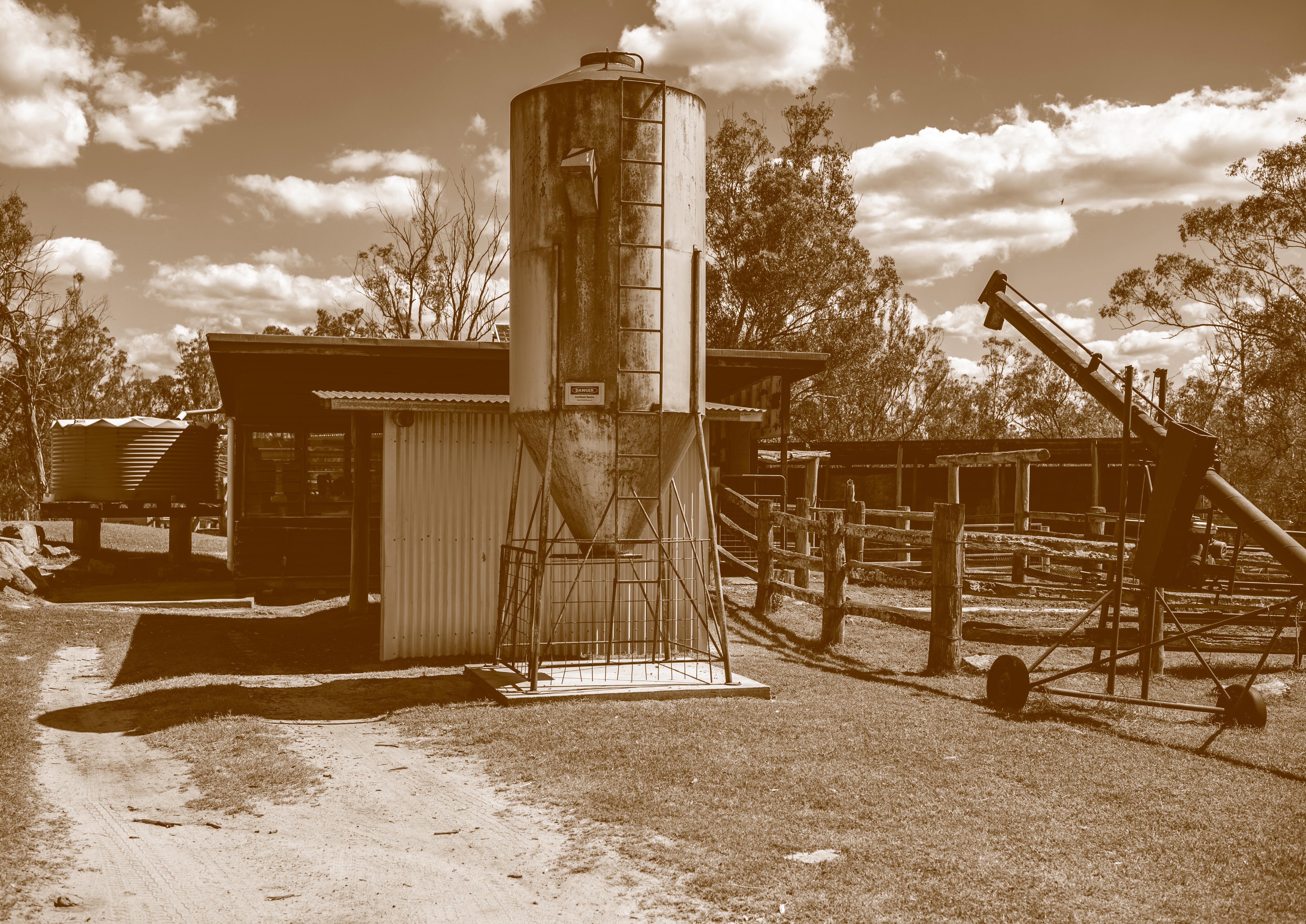
3 minute read
LIFELONG LESSONS: OLD SCHOLARS REFLECT ON THEIR IRONBARK EXPERIENCE
CASSIE TWEMLOW Former Communications & Marketing Officer
Ask any St Peters senior student or Old Scholar about the highlights of their schooling and chances are Ironbark, the College’s iconic outdoor education program, will top the list. Originally a full-term camp for Year 10 students, Ironbark has evolved to a five-week program for all Indooroopilly and Springfield students in Year 9.
Set within an 800-hectare property near Crows Nest, Queensland, the length and breadth of this pioneering program make it unique. Designed to challenge students physically, intellectually, socially and spiritually, Ironbark’s curriculum has remained largely unchanged for the last 40 years.
The program is built on the values of community, commitment and connection and students are encouraged to discover strength through teamwork and to nurture their individual capabilities.
On any given day, students will find themselves cooking or cleaning, feeding and caring for livestock and maintaining the property. Their outdoor activities include navigation lessons, rock climbing, horseriding, high ropes, a four-day expedition and 24-hour Solo.
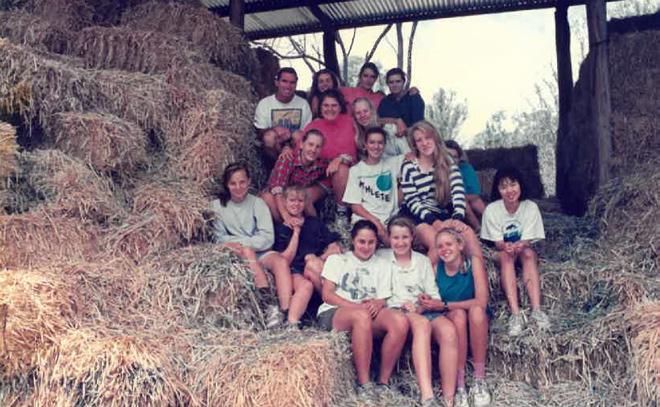
We asked some Old Scholars what impact the Ironbark experience had on their lives and the overarching themes were those of teamwork, new experiences and friendship.
Susan Tomes (nee Wood, 1992), one of the youngest and smallest students in her Year Level, was only 14 years old when she attended Ironbark in 1990. Both her older sisters had been through the outdoor education program at Mt Binga, however the idea of going to Ironbark still felt daunting.
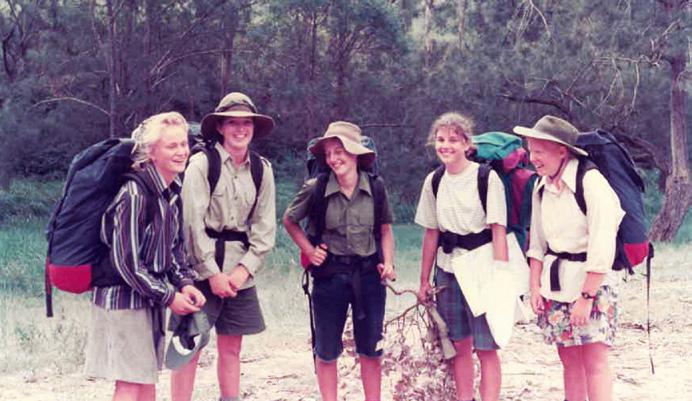
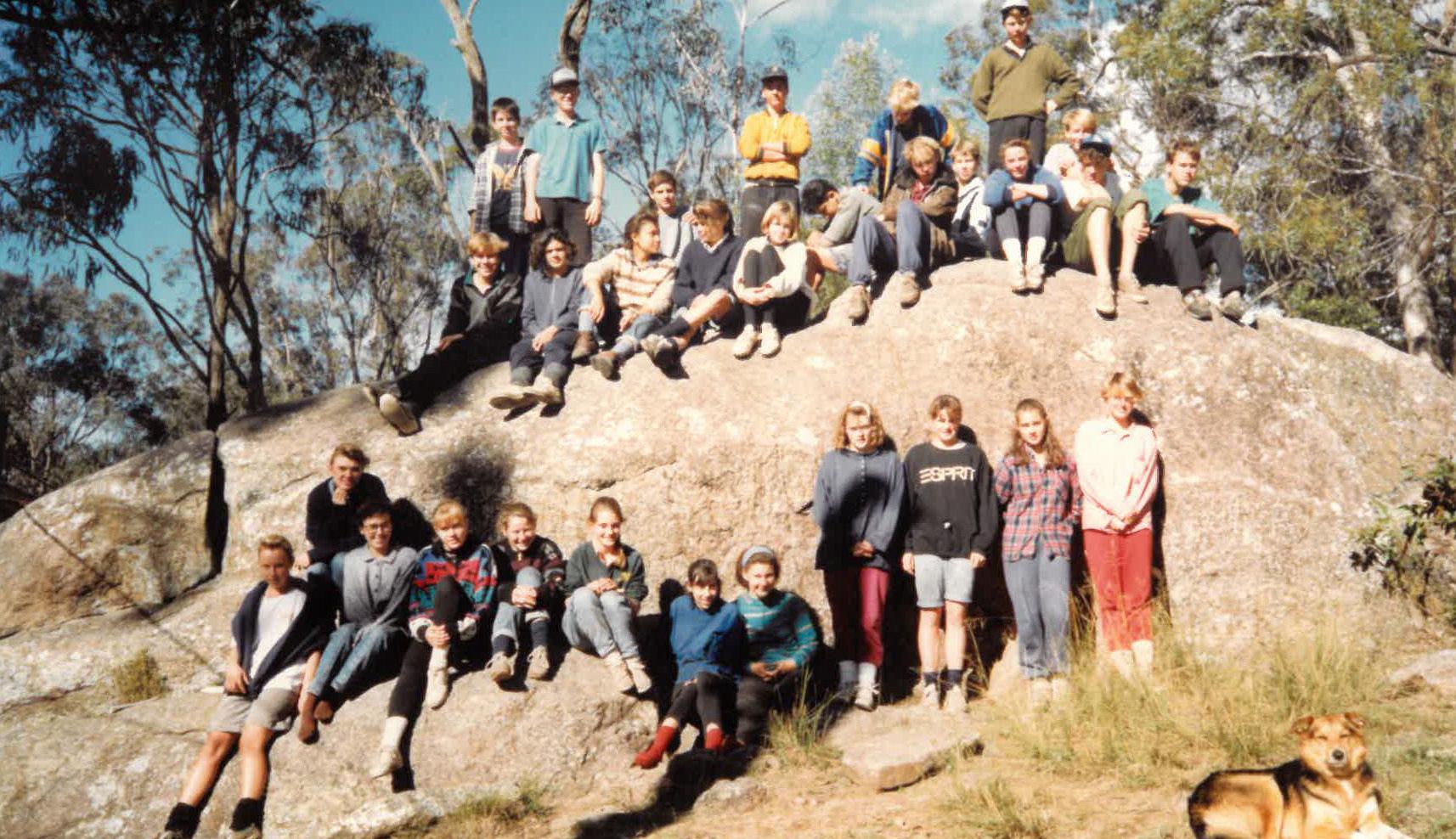
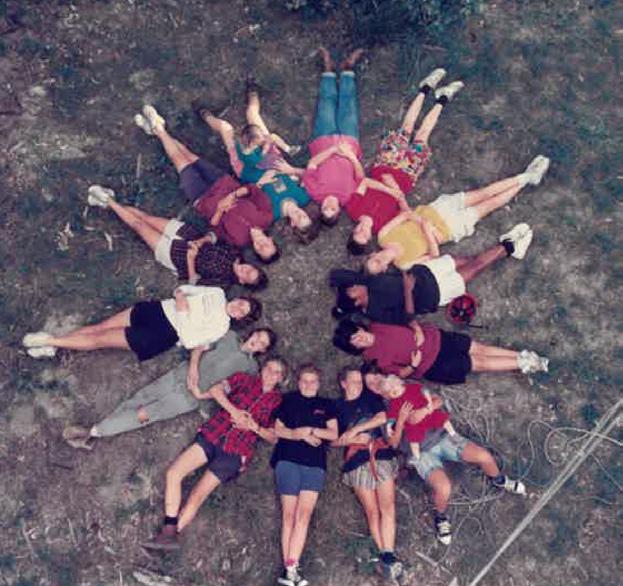
“As a teenager, I lacked confidence, particularly with physical skills. I was small and skinny and a fussy eater. I’d never been a sporty kid and I was nervous about most things,” Susan explained.
Even so, she had always enjoyed outdoor activities and Ironbark gave her the opportunity to try new things and push herself. She discovered through the early morning runs that she was a reasonable long-distance runner.
“I had no idea how important long-distance running would become to me in my 30s and 40s, enabling me to deal with stress using that intrinsic connection between physical and mental wellbeing.”
Jodie Mott (1992), whose nephew is attending Ironbark this year, also went to Ironbark in 1990. She fondly remembers the campfire, overnight hikes and survival. She said the long time spent away from family and being treated more like an adult helped her learn to be more independent.
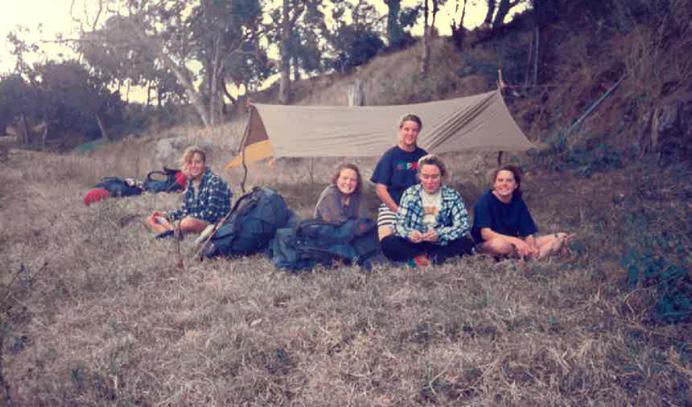
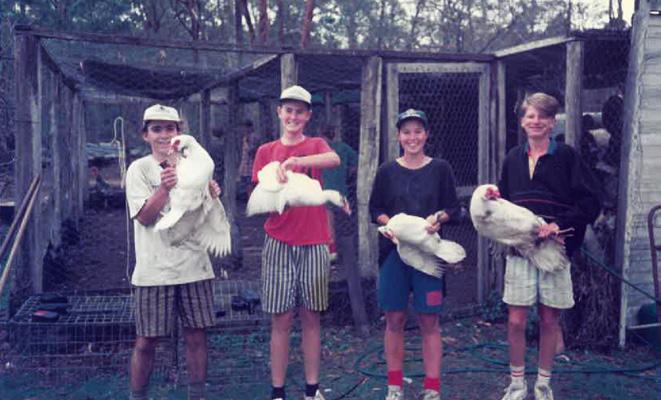
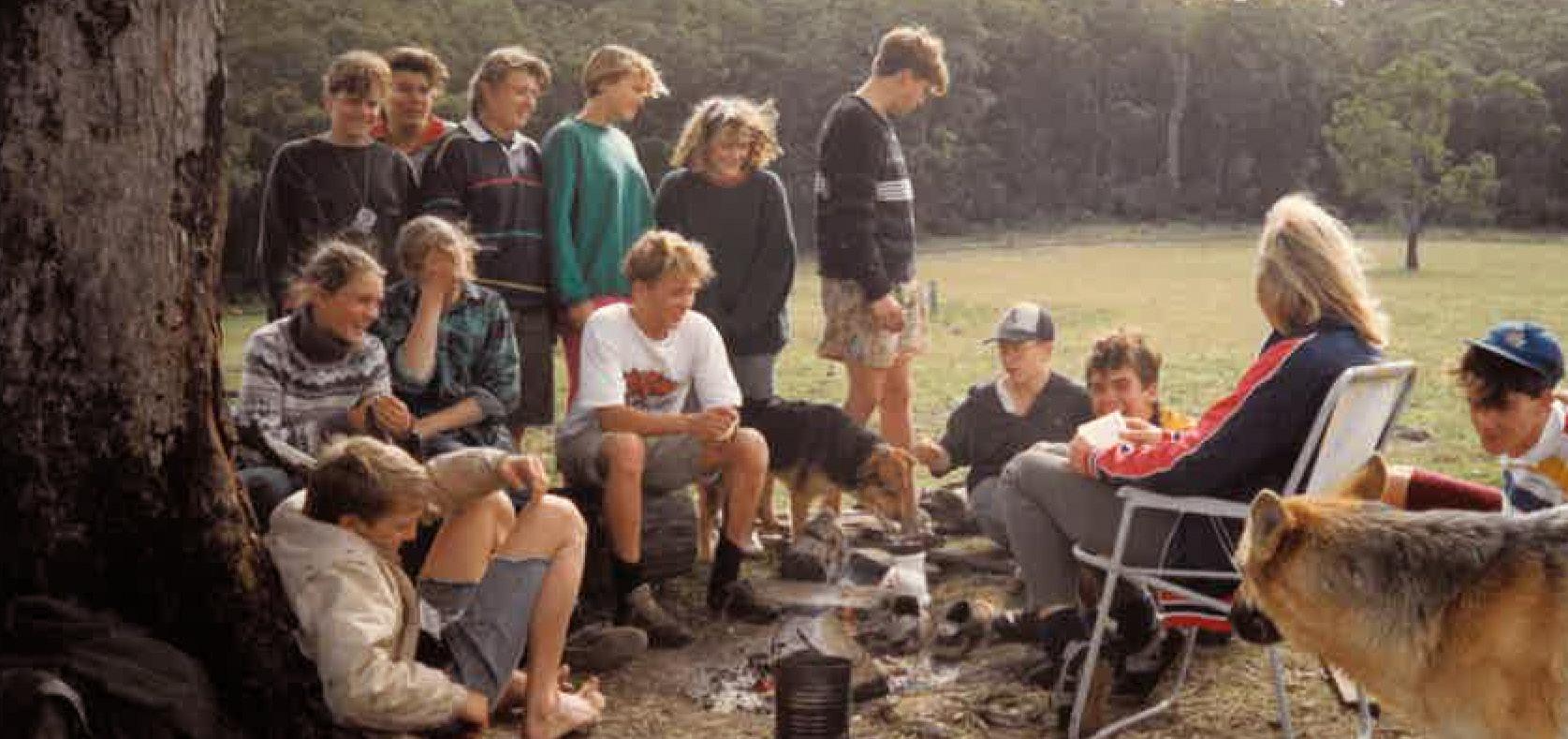
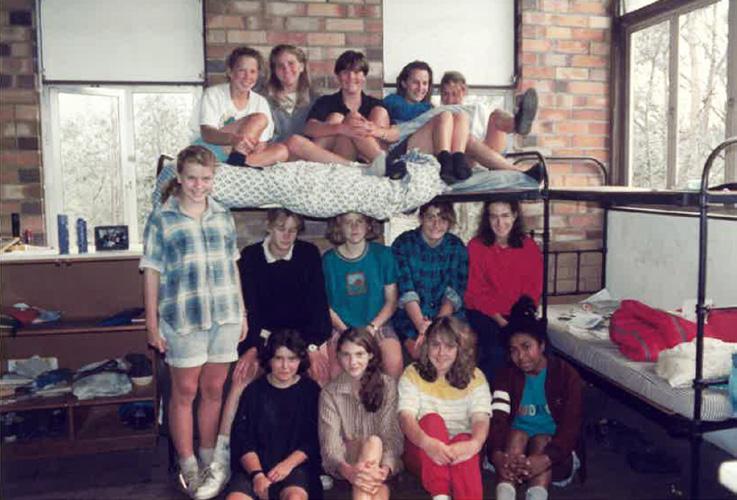
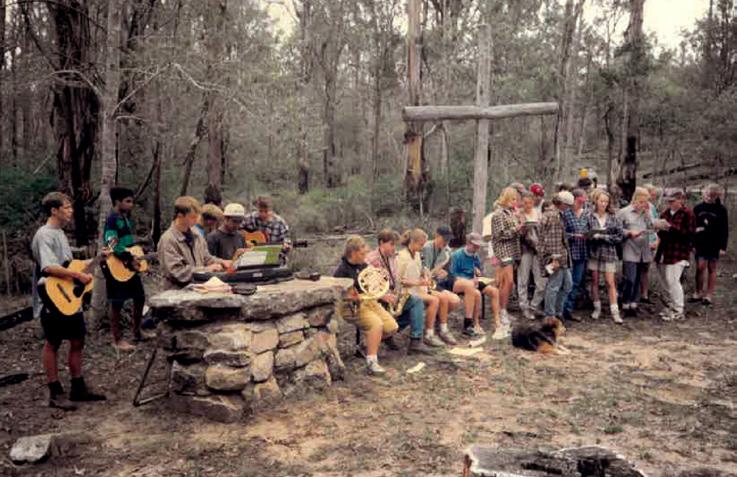
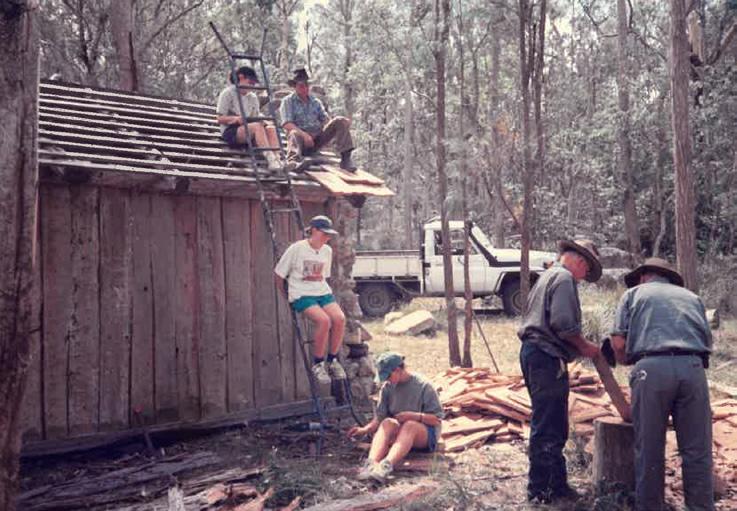
“We had cooking, cleaning and other responsibilities to perform and it would affect everyone if we didn't work together,” Jodie said.
“The diversity of activities was really great as you worked out what you did or didn't like and what you were and weren't good at.”
Ashta Hockings (nee Murugesan, 2007) completed Ironbark in the early 2000s. She enjoyed the everyday tasks such as cooking, cleaning and looking after the animals as well as orienteering and hiking.
"It was empowering being encouraged to problem solve on the spot in real-life situations. You were never alone and you knew you had support, but it encouraged you to stand on your own two feet and have confidence in yourself,” Ashta said.
Being an elite gymnast with a gruelling training schedule at the time, Ashta noted that Ironbark also gave her the opportunity to connect with her peers.
One of Susan’s enduring memories was of the four-day hike where she felt like the weakest link of the group, made up of two farm girls, an elite athlete and her.
On the first day of the hike, Susan needed the help of one of the taller girls to climb down the side of a cliff into a gorge and back out again. On the second day, the group became lost and another girl left her pack and ran two kilometres up a hill to find their bearings. By day three, the tears started to flow.
Susan said, “I will always remember the pep talk I was given by [my team member] telling me I needed to pull myself together for the sake of group morale.”
Despite the highs and lows of Ironbark, all three women acknowledged the bonds they formed with other students through their shared experiences. Susan is still close friends with her hike buddies, 33 years on, reconnecting through long distance running. Jodie’s fondest memories were of the friendships she gained and Ashta noted that during her time at Ironbark the friendship cliques disappeared and everyone got a chance to enjoy the strengths and personalities of others.
“It was one big happy friendship group, you felt so close that you were almost family. It was a pretty powerful feeling,” she said.
Ironbark is an integral part of a St Peters education and a rite of passage for St Peters students, one that creates close connections, lasting memories and life-changing experiences.
Old Scholar with thanks to Rev David Stolz
Last year, the original College Bell underwent restoration and recommissioning and is now set to be permanently showcased in the new Centre for Learning and Innovation. Nicky Boynton-Bricknell sheds light on the fascinating origins of the bell.










